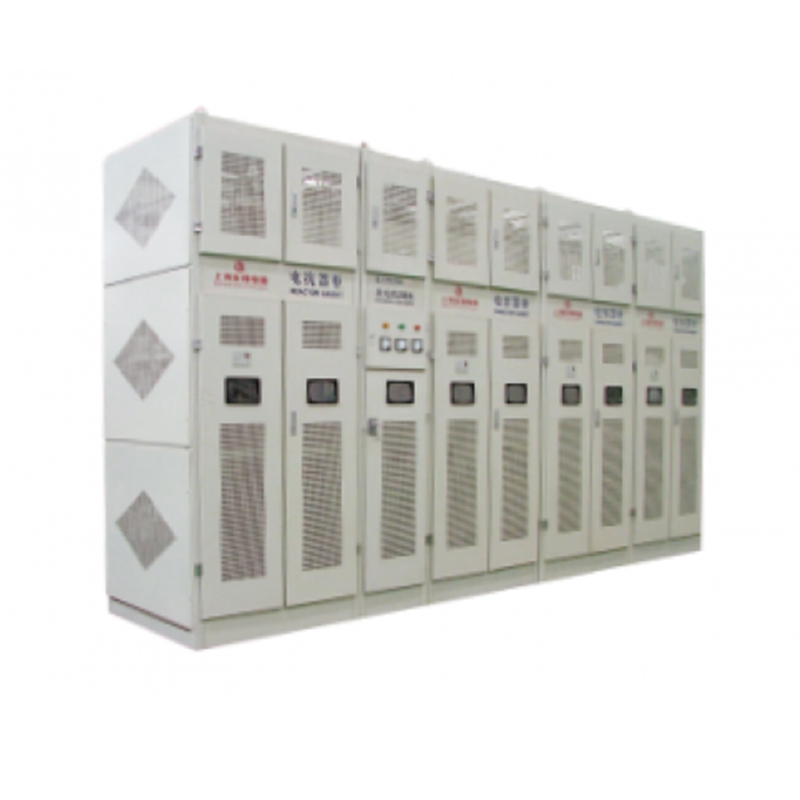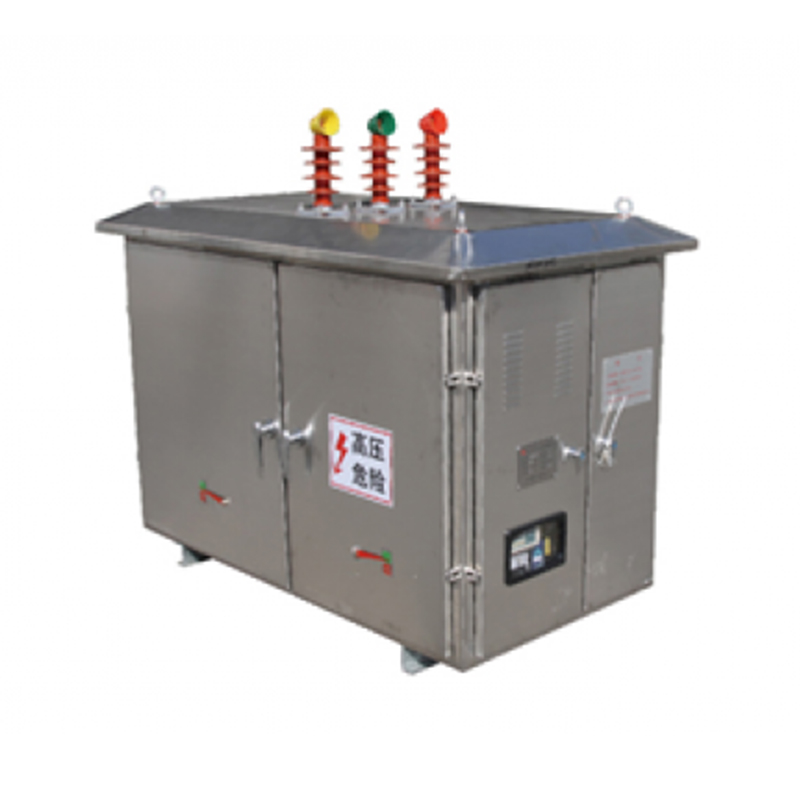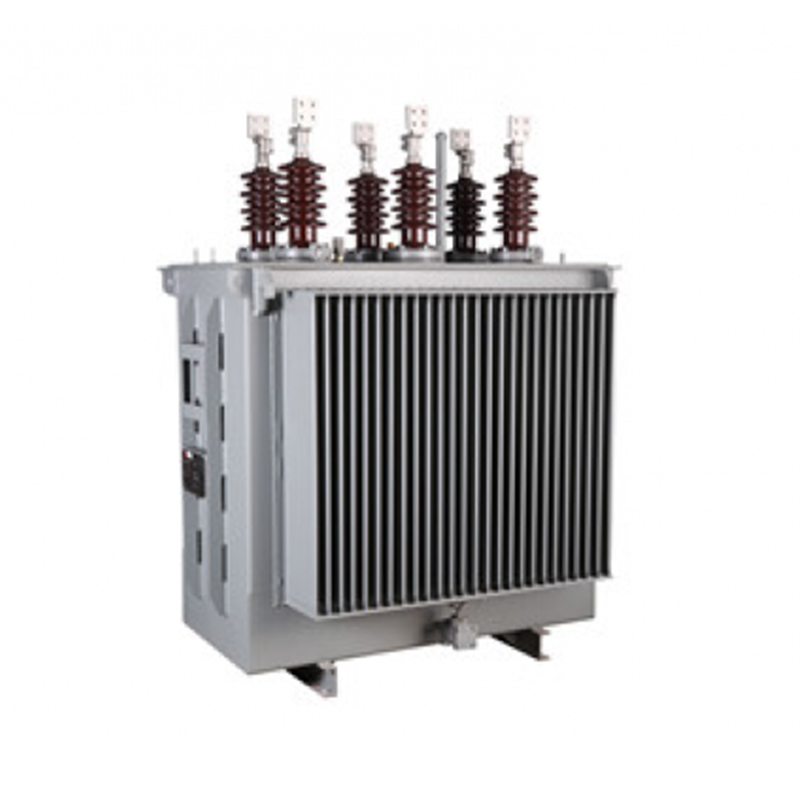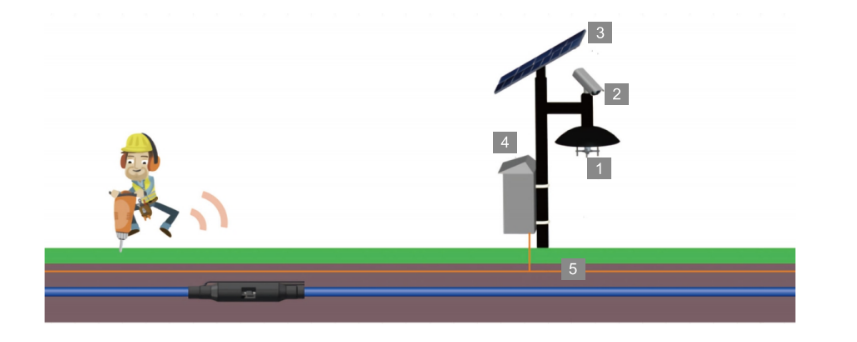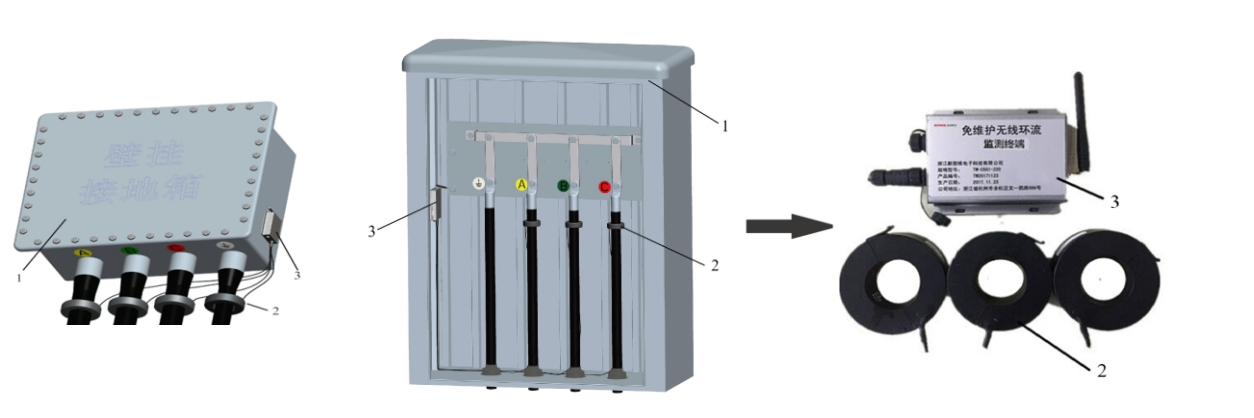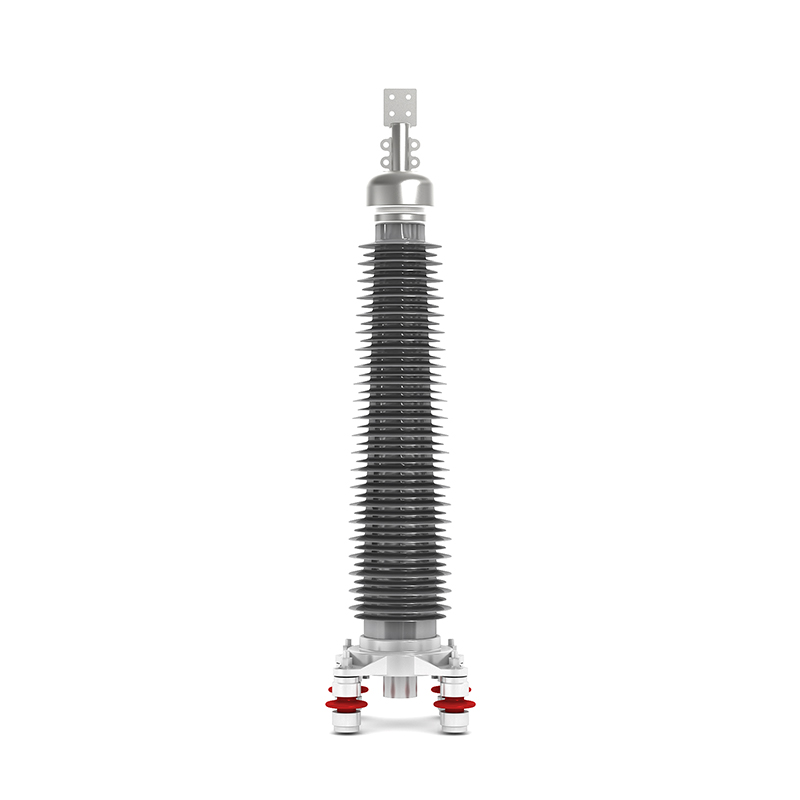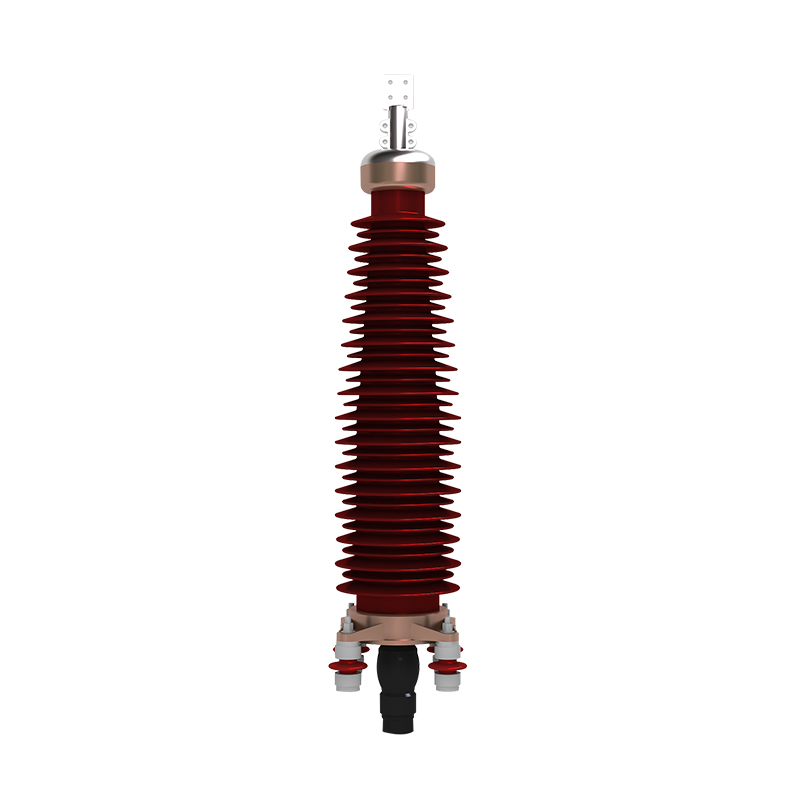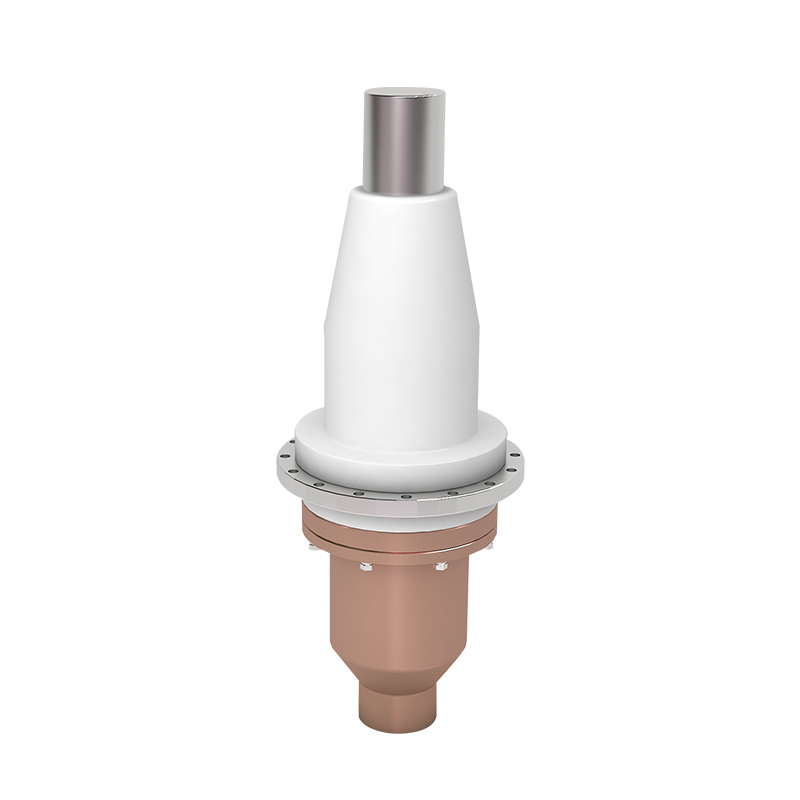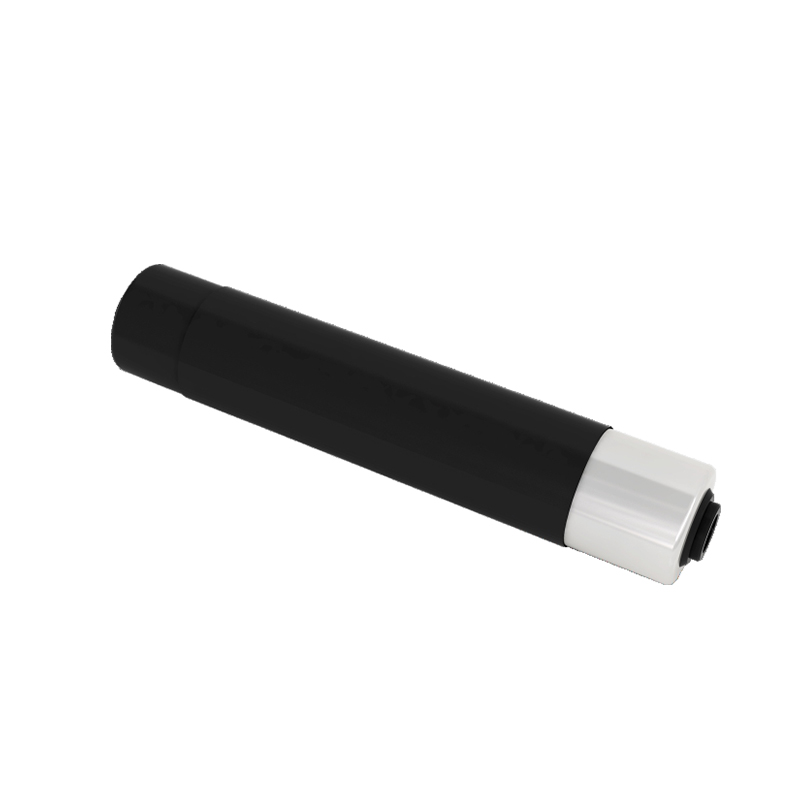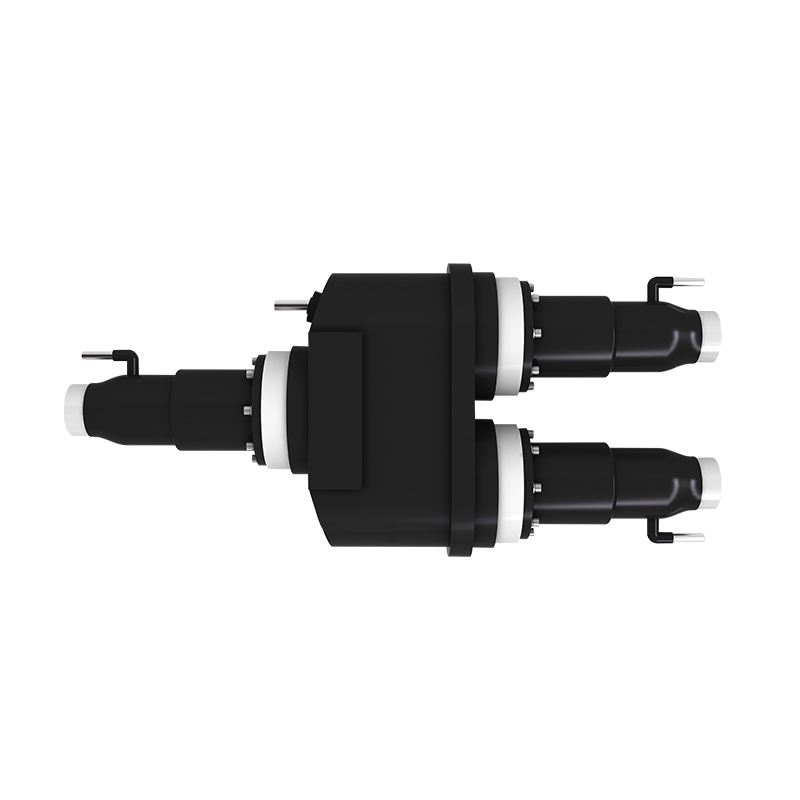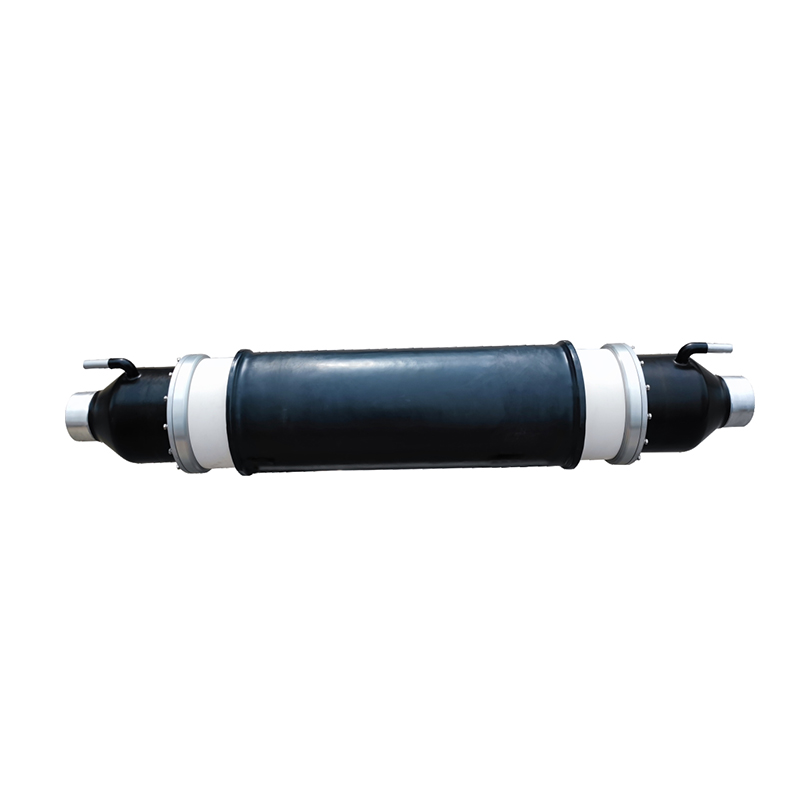Compatibility of High Voltage Capacitor Units With Various Voltage Levels and Electrical Systems
The Importance of Voltage Compatibility in Capacitor Applications
In modern electrical engineering, the versatility of components like the High Voltage Capacitor Unit is critical. These units are employed across a range of industries, from power transmission and distribution to renewable energy and industrial machinery. A key question is whether a single capacitor unit can operate effectively and safely across different voltage levels and within diverse system configurations. Compatibility ensures not only operational efficiency but also the longevity and reliability of the capacitor and the entire electrical system it supports.
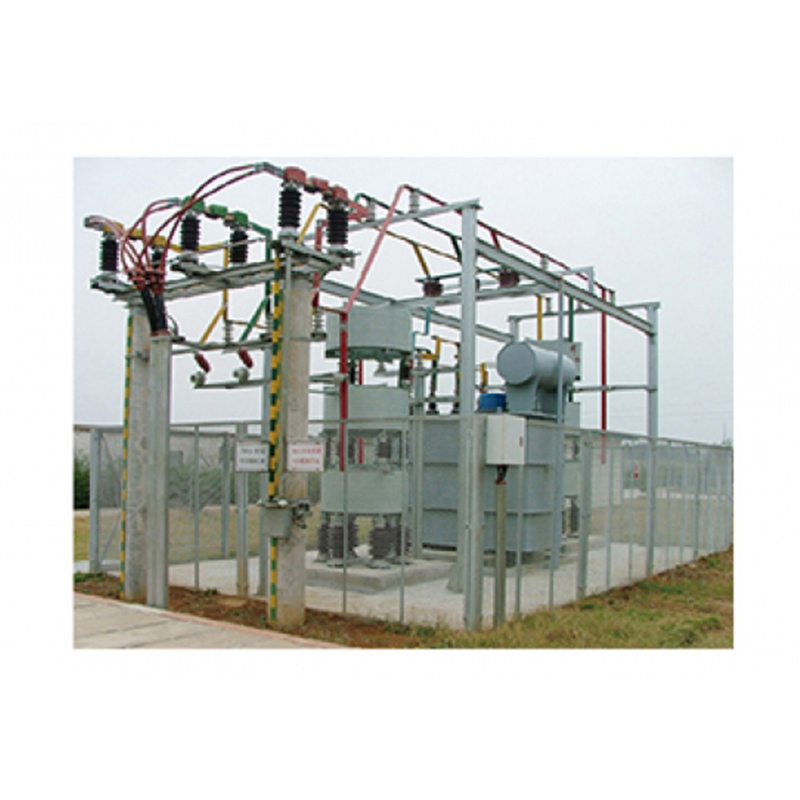
Design Considerations for Multi-Voltage Compatibility
High Voltage Capacitor Units are typically designed to withstand specific voltage ratings determined by the dielectric materials and construction methods used. To achieve compatibility across various voltage levels, manufacturers may offer different models or configurable units tailored for particular applications. Some capacitors incorporate adjustable features or are designed with safety margins that allow operation at voltages both below and slightly above their nominal ratings. However, the insulation strength and the quality of internal components must always meet or exceed the high expected voltage to prevent breakdown or failure.
Adaptation to Different Electrical Systems
Electrical systems can vary widely in terms of voltage, frequency, waveform type, and load characteristics. High Voltage Capacitor Units must be compatible with these variations to function correctly. For example, capacitors used in alternating current (AC) systems require different specifications than those used in direct current (DC) applications. Furthermore, pulse power systems or systems with harmonic distortion impose additional stresses on capacitors. Modern capacitor units are often engineered to withstand these stresses by using advanced materials and construction techniques that enhance dielectric strength and thermal performance.
Benefits of Compatibility Across Systems
When a High Voltage Capacitor Unit can operate across multiple voltage levels and system types, it offers significant flexibility to engineers and system designers. This compatibility reduces the need for multiple specialized components, simplifying inventory management and lowering costs. It also facilitates easier integration during system upgrades or when adapting to changing operational requirements. Additionally, capacitors that can handle varying voltages provide improved resilience against transient overvoltages and electrical surges, protecting both the capacitor and other connected equipment.
Challenges in Ensuring Broad Compatibility
Despite these advantages, achieving broad compatibility is not without challenges. Each electrical system imposes unique demands on the capacitor, including thermal cycling, voltage spikes, and electrical noise. Capacitors must be rigorously tested under conditions that simulate these environments to ensure safe and reliable performance. Moreover, using a capacitor outside its suitable voltage range can cause premature aging, insulation failure, or catastrophic breakdown. Therefore, careful specification and application engineering are essential to match capacitor units to system requirements.
Conclusion: Compatibility Is Achievable With Proper Design and Selection
In conclusion, high-voltage capacitors can be compatible with a wide range of voltage levels and electrical systems, provided they are designed, tested, and applied correctly. Their ability to adapt to various operational environments enhances their utility across multiple industries. By understanding the electrical and mechanical demands of their specific applications and adhering to industry standards, engineers can select capacitor units that offer both performance reliability and system protection, ensuring suitable results in complex electrical networks.
News
Recommended News
Recommended Products
The variety of models, to meet the development needs of various regions in the world.
-
Add: No. 508, Dongye Road, Dongjing Town, Songjiang District, Shanghai
-
Tel: +86-13757652508
-
E-mail: [email protected] [email protected]
 English
English 中文简体
中文简体 русский
русский Español
Español عربى
عربى